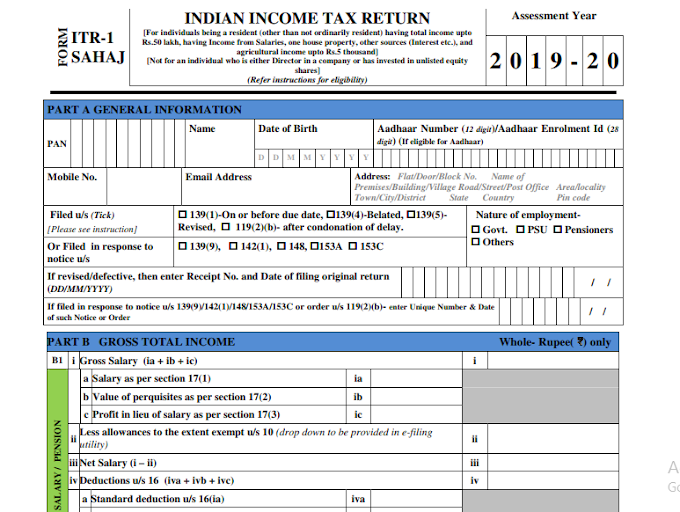
- CBDT says taxpayers were facing difficulties in filing returns due to extension of deadline for issuing Form 16
- The extension is applicable to all assessees other than corporate taxpayers and a few non-corporate entities
The extension of due date was applicable to all taxpayers liable to file their tax returns by 31 July, the original due date. This applies to assessees other than corporate taxpayers and a few others, including non-corporate entities, the books of which need not be audited, said the Central Board of Direct Taxes (CBDT).
Some taxpayers were reportedly facing difficulties in filing their tax returns because of various reasons, including the extension of date for issuing Form 16, the tax deducted at source (TDS) certificate given by employers, said the CBDT order.
The Central Board of Direct Taxes (CBDT) extends the ‘due date’ for filing of Income Tax Returns from 31st July, 2019 to 31st August, 2019 in respect of certain categories of taxpayers who were liable to file their Returns by 31.07.2019.— Income Tax India (@IncomeTaxIndia) July 23, 2019
The tax department had earlier made changes in the format of tax returns and the TDS certificates. It had also made changes in the rules for filing TDS returns by employers.
Returns for assessment year 2019-20 relate to income earned in the financial year 2018-19. The tax department usually allows a short extension if the public faces any difficulty in meeting the deadline and a longer extension for assessees in states where exceptional events such as a natural calamity are reported.
Experts said the changes to the TDS certificate format notified in April requires employers to give the break-up of all the tax-exempt payments to the employee. Form 24Q that employers have to file with the tax department, too, has been modified to provide the break-up of gross salary in terms of value of perquisites and profits in lieu of salary. Bifurcation of tax-exempt allowances and the various deductions claimed have also to be given. The move is part of an effort to reduce ambiguity in filing returns and to make assessment easier by capturing finer details.
The Union budget for FY20 also proposed that return filing will be compulsory for even those who fall below the basic exemption limit of ₹2.5 lakh annual income, if they get into specified high-value transactions such as spending on foreign travel.




0 Comments